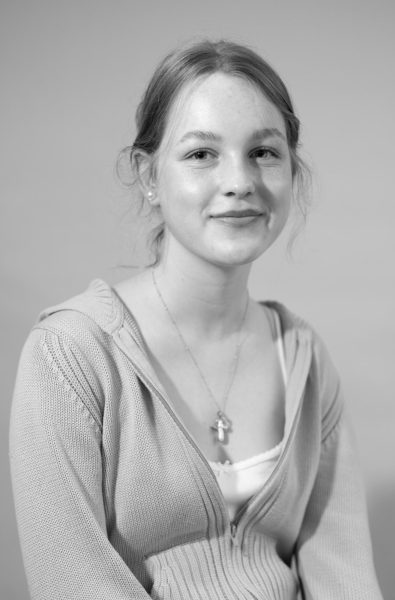Menstrual Product Equity: Are We Leading by Example?
May 8, 2023
The Cambridge Public School district has led the state in providing equitable access to menstrual products. “The district has a responsibility to eliminate any obstacles that students face in accessing their education,” Chief Operations Officer for CPS David Murphy said to the Register Forum. “The issues related to [inequitable access to menstrual care] are consistent with the health and wellness challenges that as an organization, we are charged with helping students overcome.”
School districts across the United States now reckon with the necessity to provide menstrual products to students of all ages, gender identities, and socioeconomic backgrounds. The inability to access menstrual products impacts menstruators globally. Here at CRLS, the lack of access to products on school grounds has forced students to miss school.
However, as a result of a series of school committee actions, all schools across the Cambridge district are required to provide free menstrual products to students. The original motion, drafted by Committee member Manikka Bowman in 2016, mandates that all schools provide menstrual products across the district.
Cambridge School Committee member Caroline Hunter told the Register Forum, “We set up policies that support our goal of encouraging students to attend school, and also to deal with the issues that make school inaccessible to them. We see that if a policy is passed, it is also upheld.”
In 2018, the Facilities Department received an order to install product dispensers and disposal boxes in every school across the district. CRLS, however, did not receive new dispensers. Although products are free, the 15-year-old machines still accept quarters, and along with disposal boxes, still display the feminine symbol.
Gender inclusivity is a necessity when addressing menstrual health inequities. Transgender and nonbinary students report that the feminine symbol on dispenser and disposal boxes are an unwanted reminder of an identity that does not represent them. Nearly 35% of 132 students surveyed rate the inclusivity of language and symbols 1-2 out of 5, with 1 being least inclusive and 5 being most inclusive, and over 40% rating it a 3. Sujata Wycoff, Director of Communications, told the Register Forum how CPS is working towards inclusivity, “The first step is generating awareness so we can begin moving in the right direction. It’s ongoing learning and ongoing education for the district as well as students.”
Additionally, many CRLS students report they often avoid the provided menstrual products altogether due to their insufficient quality. The current products provided by CPS can also be found in Massachusetts prisons, another issue in its own right. Facilities director Vedad Konjic explained to the Register Forum, “There is no incentive for companies to come up with a high-quality product because it wouldn’t sell.” The district contacted the menstrual product program in August to provide higher quality and environmentally conscious products which are currently being tested in administrative buildings.
School Committee member David Weinstein described to the Register Forum, “I am proud that we as a district made this commitment and are leading on this. In practice, we are falling short of that commitment, though not through any intention.” The Cambridge School Committee plans to update its current policy on menstrual health in order to ensure that products are accessible in a gender-inclusive, clear, and equitable way.
This article also appears in our March 2023 print edition.











